The Connection Between Diet and Healthy Skin
The Connection Between Diet and Healthy Skin
Introduction
When it comes to achieving radiant and healthy skin, we often think about skincare routines, creams, and treatments. However, one of the most influential factors in the quest for glowing skin is often overlooked: your diet. What you eat has a profound impact on your skin's health and appearance. In this comprehensive blog, we will explore the intricate connection between diet and healthy skin, highlighting key nutrients and dietary choices that can help you achieve that coveted radiant complexion.
Nutrients for Healthy Skin

-
Vitamin C: The Collagen Booster
Vitamin C is a powerhouse nutrient for your skin. It plays a crucial role in collagen production, which is essential for maintaining skin elasticity and preventing wrinkles. Citrus fruits, strawberries, and bell peppers are rich sources of vitamin C. Including these foods in your diet can help improve skin texture and reduce the signs of aging.
-
Vitamin E: The Skin Protector
Vitamin E is a potent antioxidant that helps protect your skin from damage caused by free radicals and UV rays. Nuts, seeds, and spinach are excellent sources of vitamin E. Incorporating these foods into your diet can contribute to smoother, more resilient skin.
-
Omega-3 Fatty Acids: The Hydration Heroes
Omega-3 fatty acids, found in fatty fish like salmon and walnuts, help maintain the skin's lipid barrier. This barrier is crucial for retaining moisture and preventing dryness and inflammation. Including omega-3-rich foods in your diet can lead to supple and hydrated skin.
-
Zinc: The Acne Fighter
Zinc plays a pivotal role in regulating oil production and reducing inflammation, making it a valuable nutrient for those with acne-prone skin. Foods such as lean meats, beans, and whole grains are excellent sources of zinc. Ensuring an adequate intake of zinc can help keep breakouts at bay.
-
Vitamin A: The Skin Cell Regenerator
Vitamin A is essential for skin cell turnover, which is crucial for maintaining a youthful appearance. Sweet potatoes, carrots, and leafy greens are high in beta-carotene, a precursor to vitamin A. Incorporating these foods can promote smoother, more vibrant skin.
Hydration and Your Skin
Proper hydration is key to healthy skin. Water helps flush toxins from your body, keeping your skin clear and radiant. Aim to drink at least eight glasses of water a day, and consider hydrating foods like cucumber and watermelon to boost your skin's moisture levels.
Foods to Avoid

Just as certain foods promote healthy skin, others can be detrimental to it. It's important to limit or avoid the following:
-
Sugar and Refined Carbohydrates: High sugar intake can lead to glycation, a process that damages collagen and accelerates aging. Opt for complex carbohydrates and limit sugary snacks and drinks.
-
Dairy: Some individuals find that dairy products worsen skin conditions like acne. Consider reducing dairy intake to see if it makes a difference in your skin's appearance.
-
Processed Foods: Processed foods often contain trans fats and high levels of sodium, which can lead to inflammation and skin issues. Focus on whole, unprocessed foods for better skin health.
-
Alcohol and Caffeine: Excessive alcohol and caffeine consumption can dehydrate your skin, leading to dryness and premature aging. Moderation is key.
Creating a Skin-Friendly Diet Plan

To improve your skin's health through your diet, consider the following tips:
-
Balance Your Diet: Aim for a well-rounded diet that includes a variety of fruits, vegetables, lean proteins, whole grains, and healthy fats.
-
Stay Hydrated: Drink plenty of water throughout the day, and incorporate hydrating foods into your meals.
-
Limit Processed Foods: Minimize your consumption of processed and fast foods, which are often high in unhealthy fats, sugar, and sodium.
-
Monitor Your Skin's Response: Pay attention to how your skin reacts to certain foods. If you notice a connection between your diet and skin issues, consider making adjustments.
-
Consult a Professional: If you have persistent skin concerns, consult a dermatologist or a nutritionist who can provide personalized advice and recommendations.
Conclusion
Achieving healthy, radiant skin goes beyond skincare products and routines; it starts from within. Your diet plays a significant role in maintaining the health and appearance of your skin. By incorporating nutrient-rich foods and avoiding skin-detrimental choices, you can take proactive steps toward achieving the glowing complexion you desire. Remember that consistency is key, and with time and effort, you'll likely see positive changes in your skin's health and beauty.


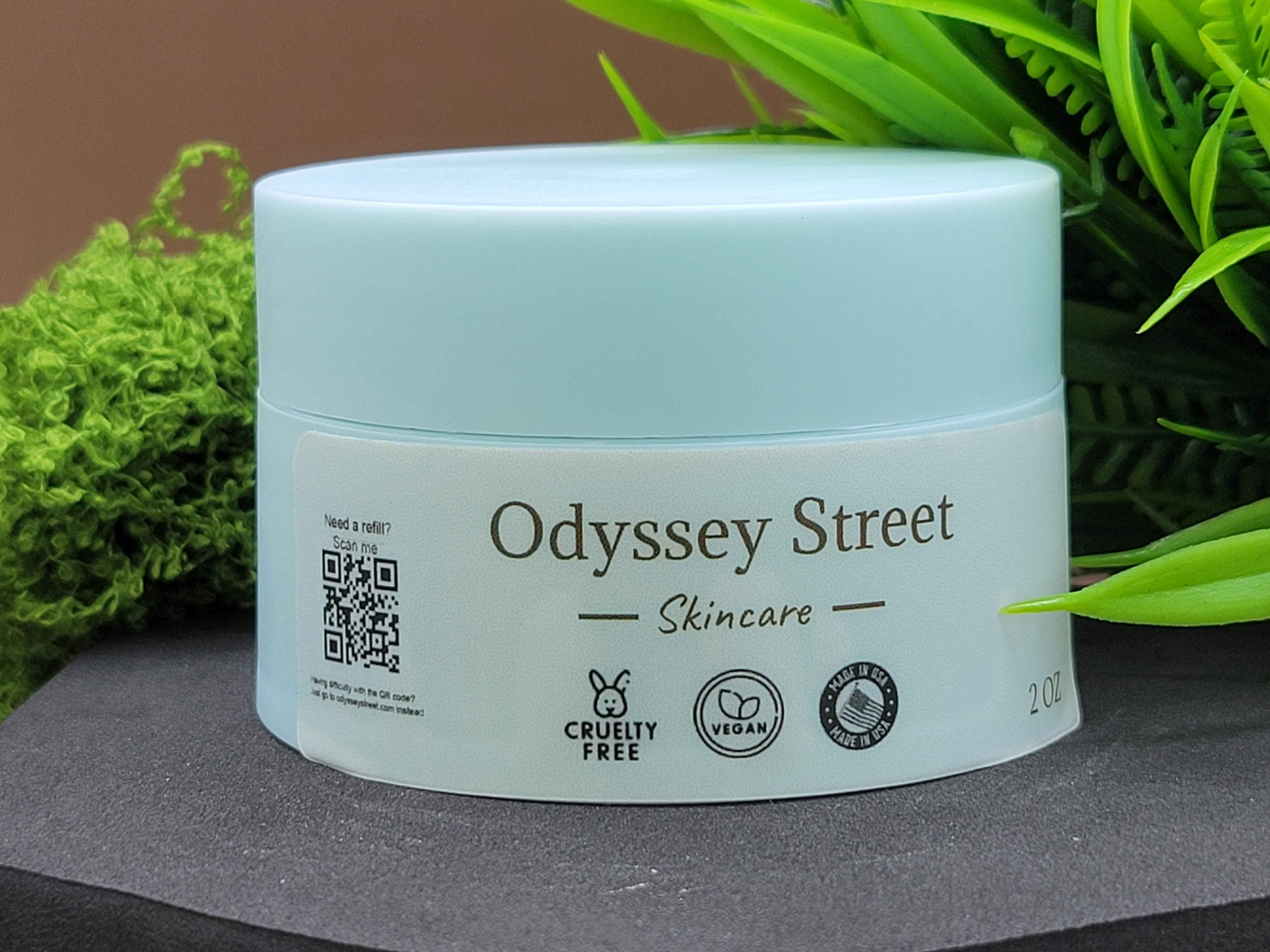
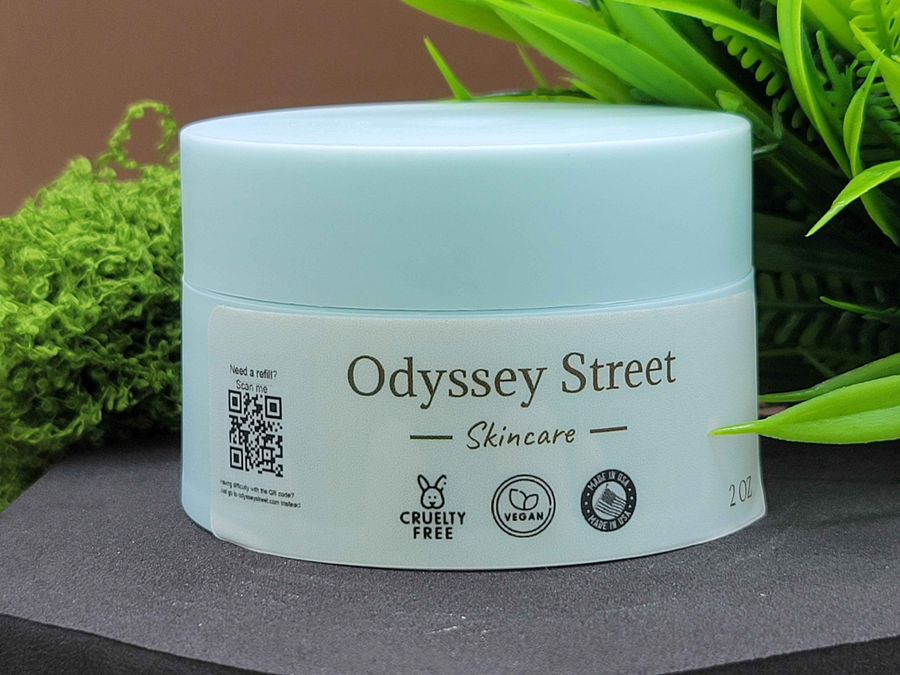
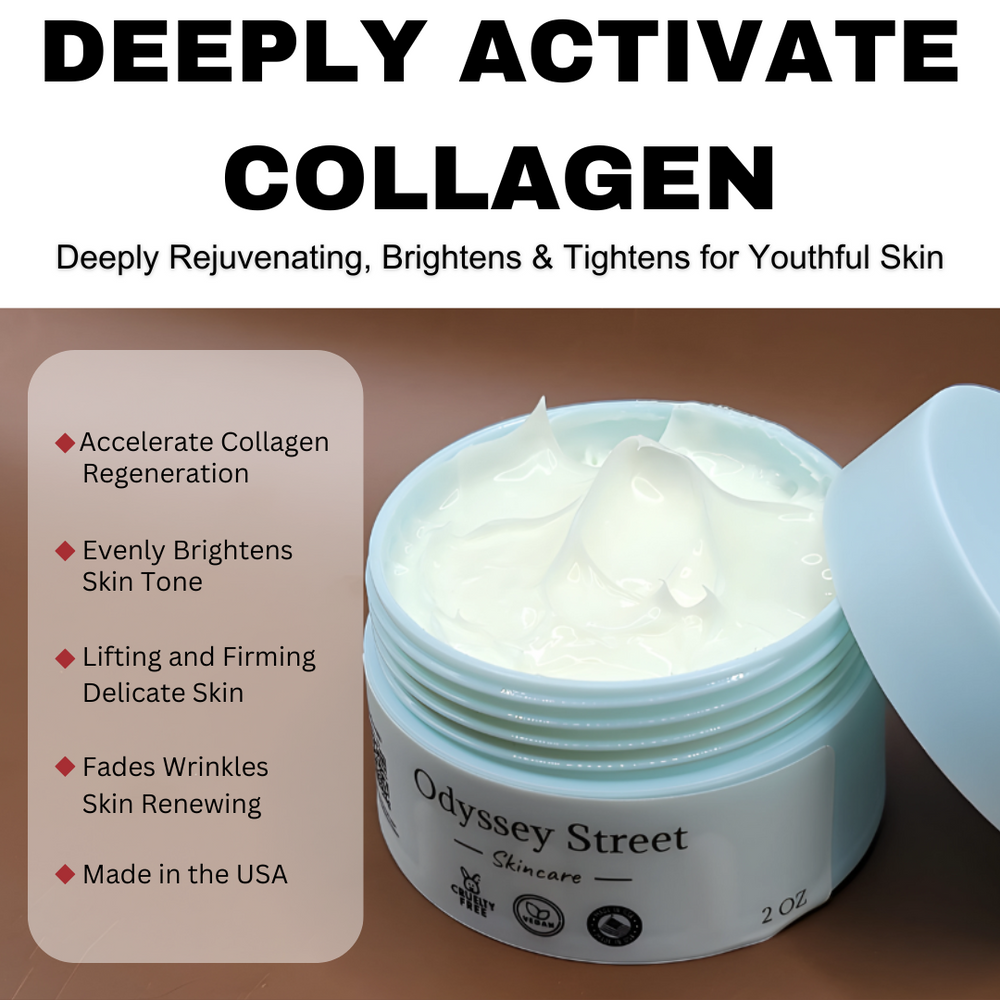




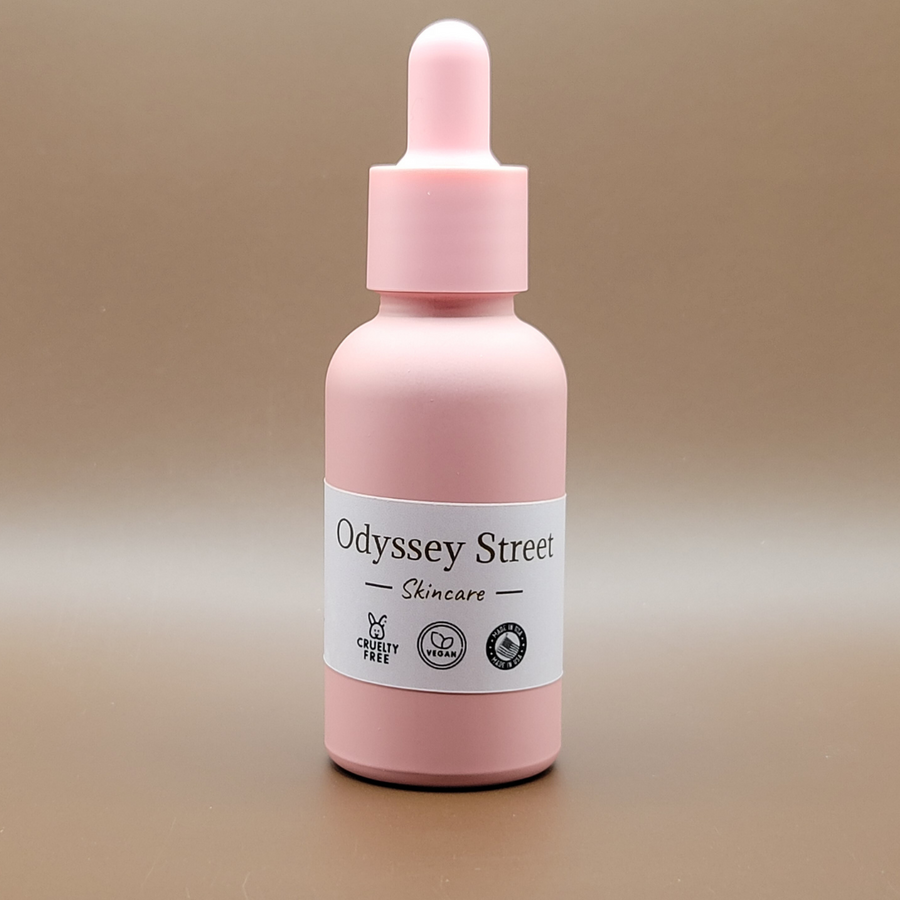
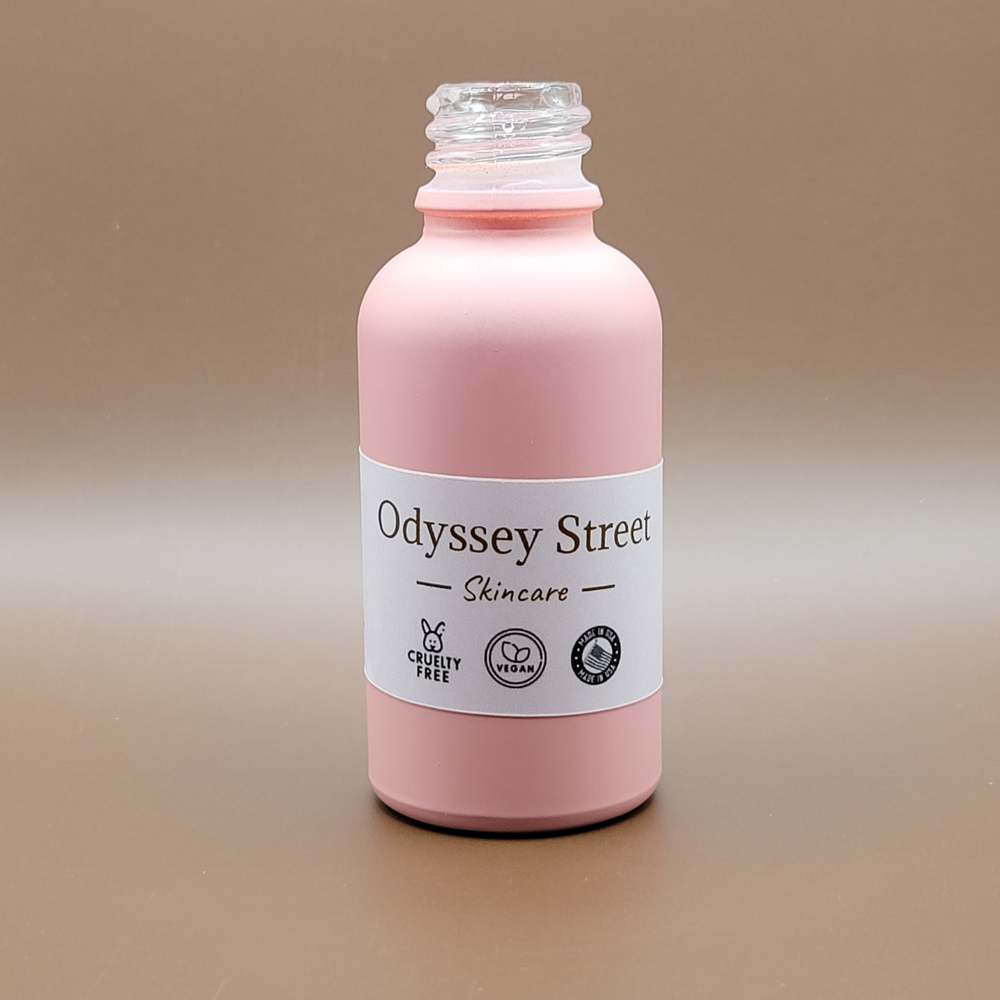
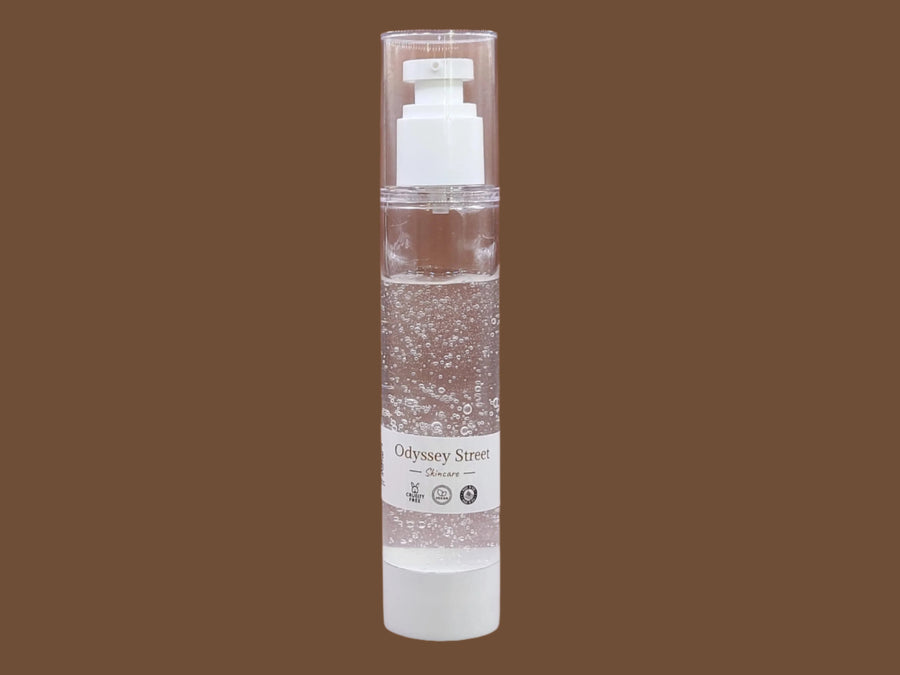
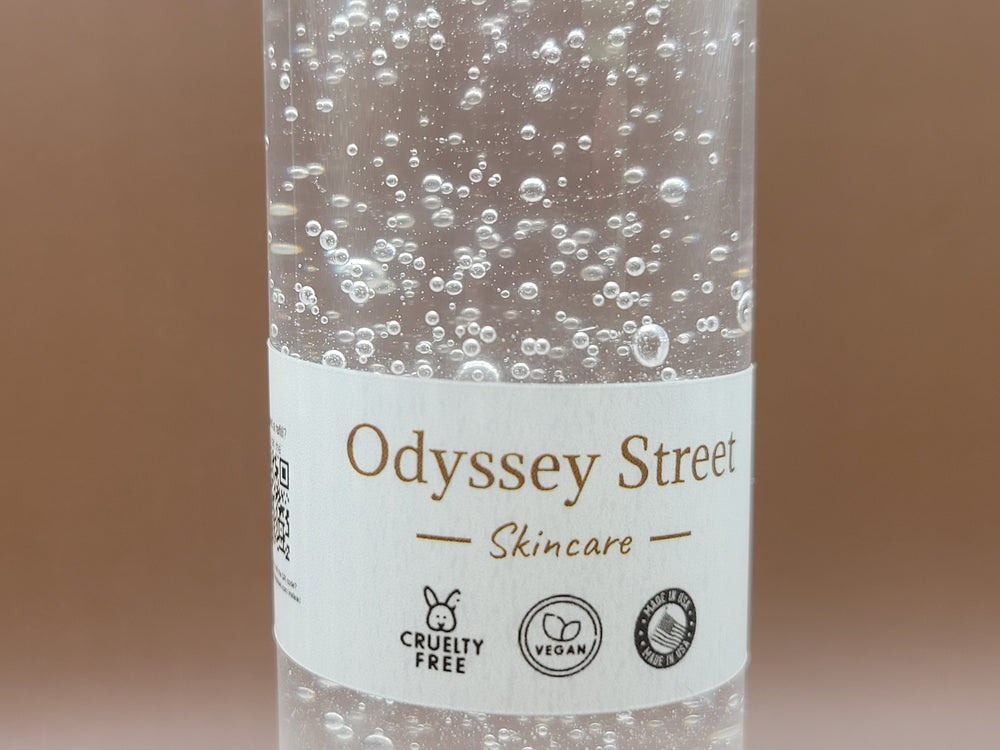
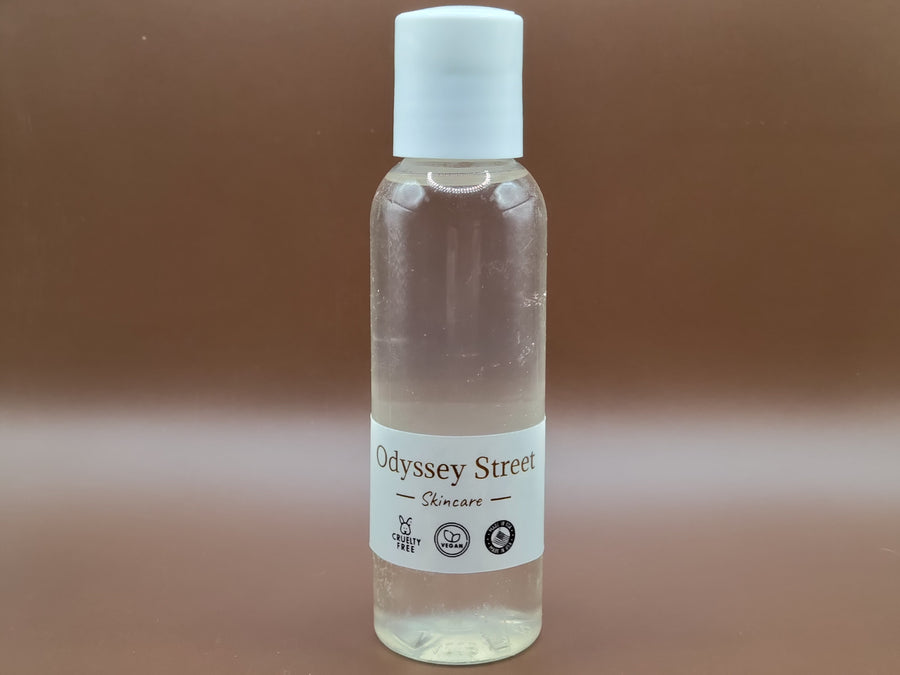
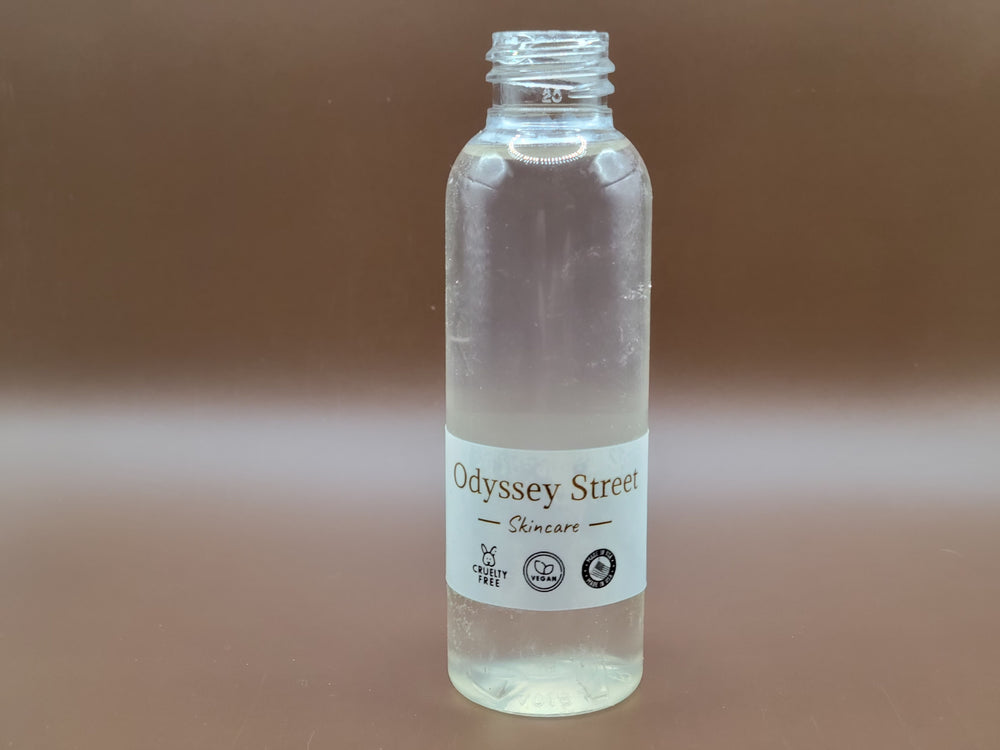
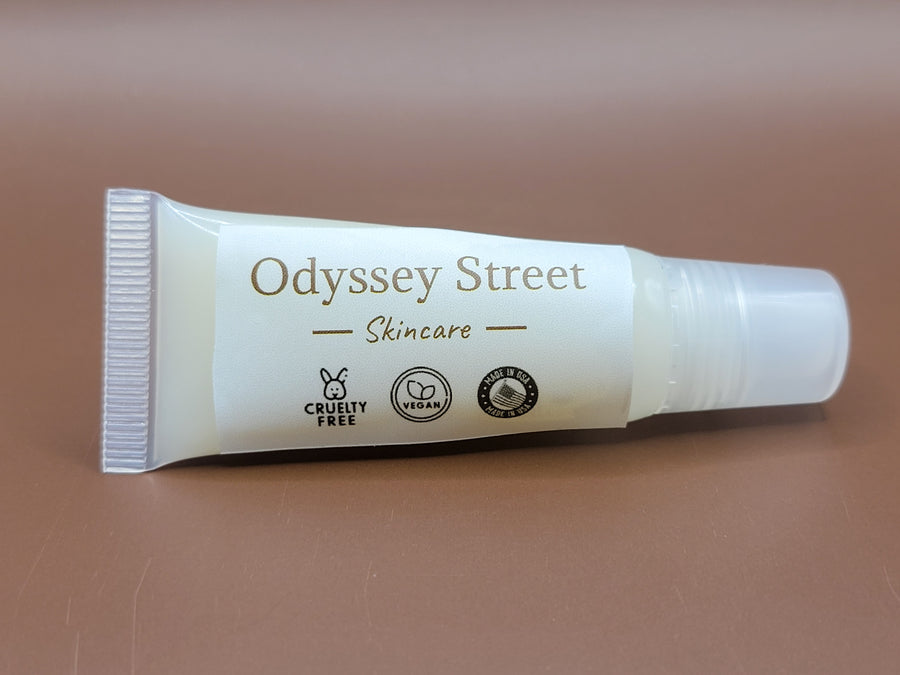
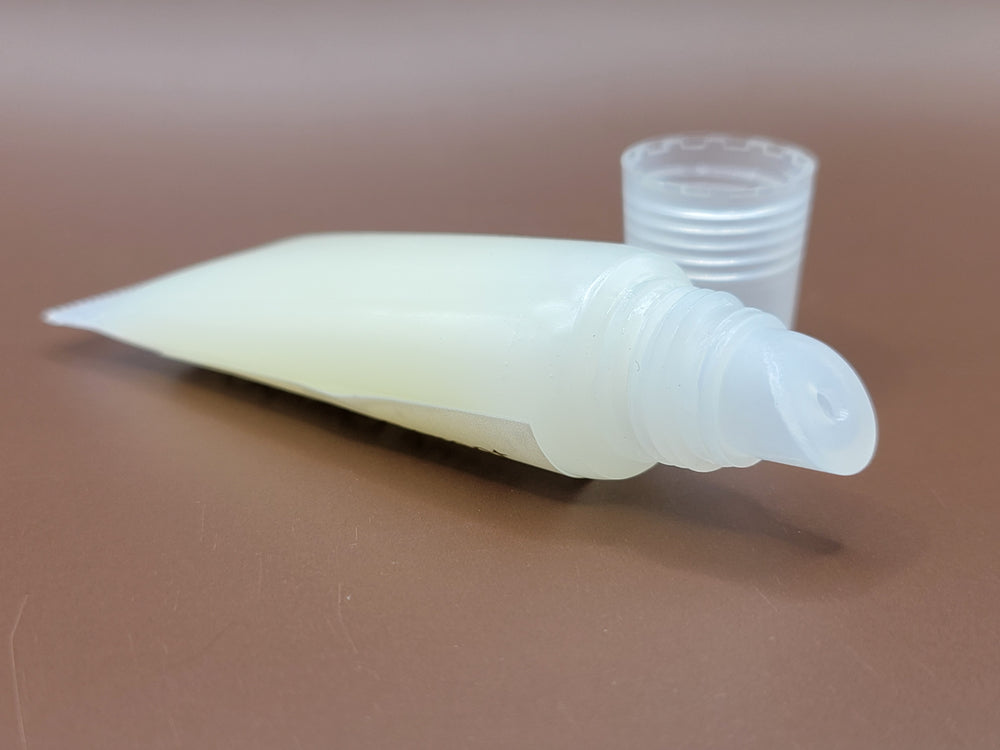
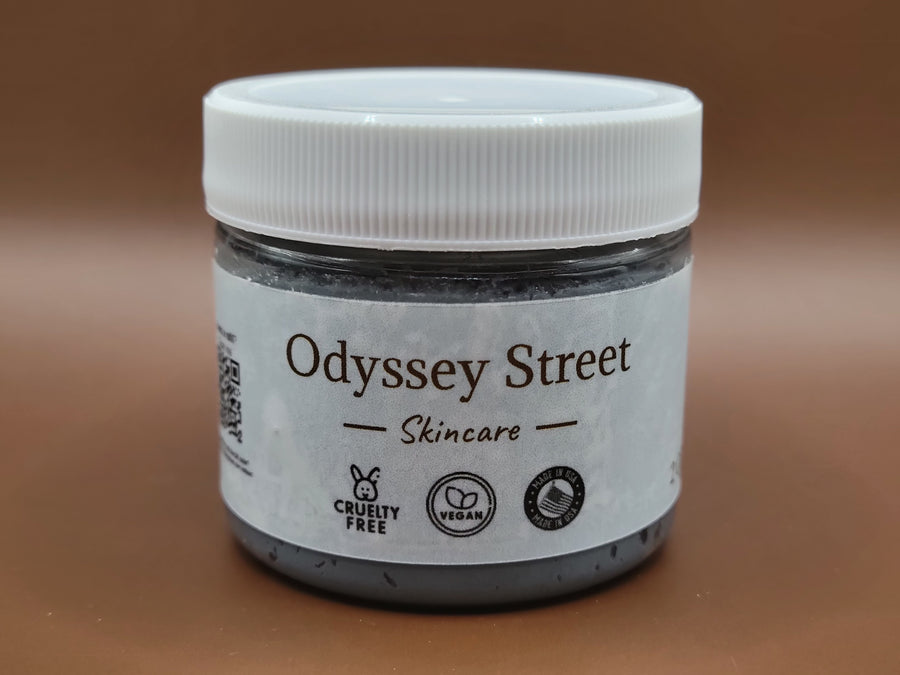
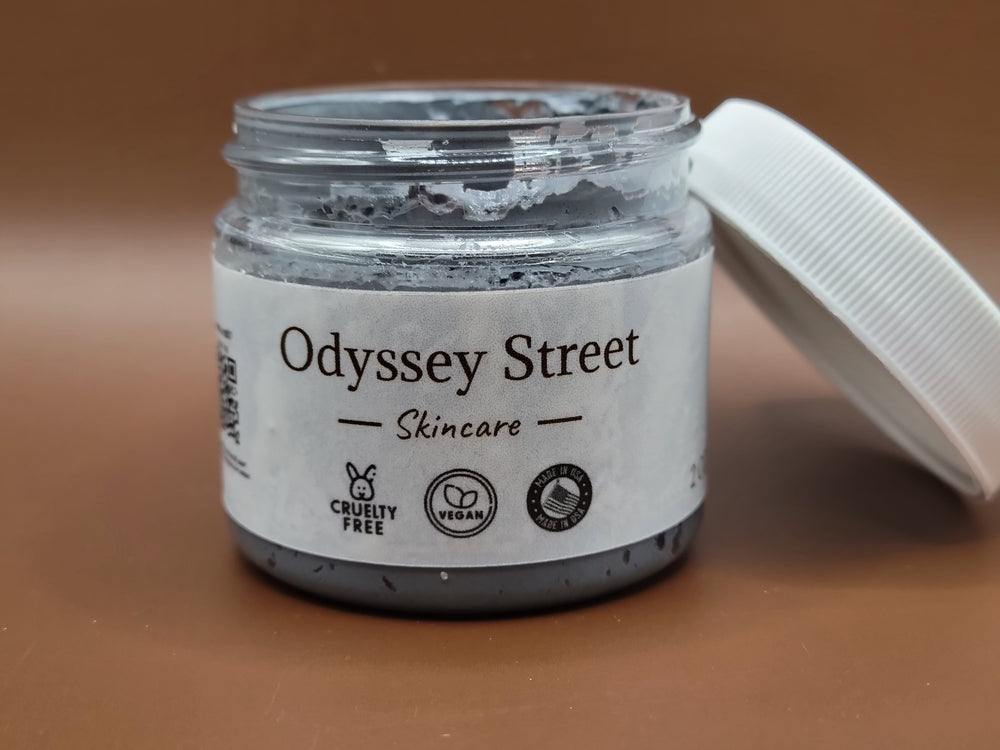
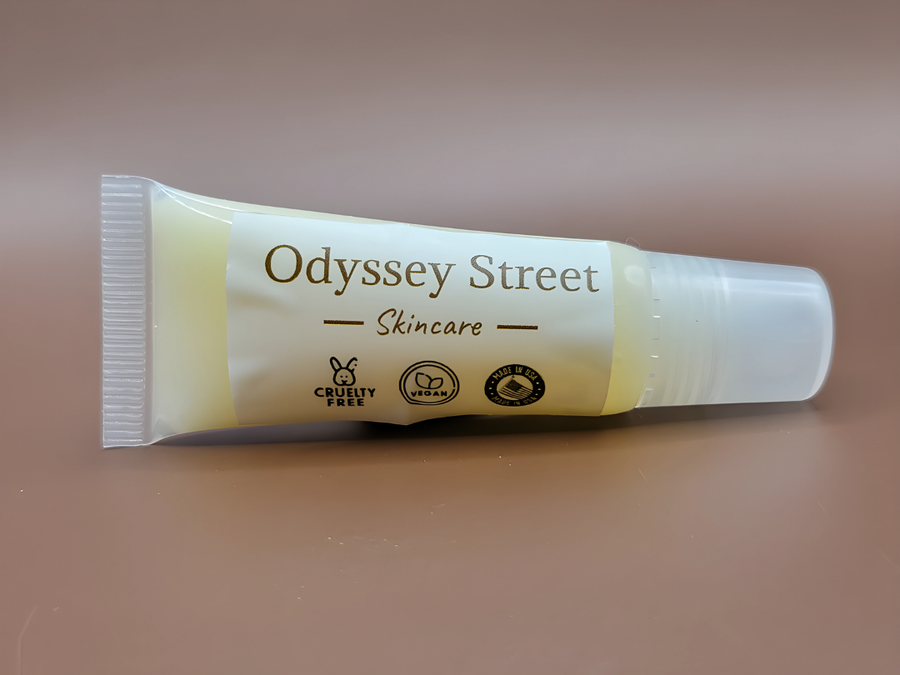
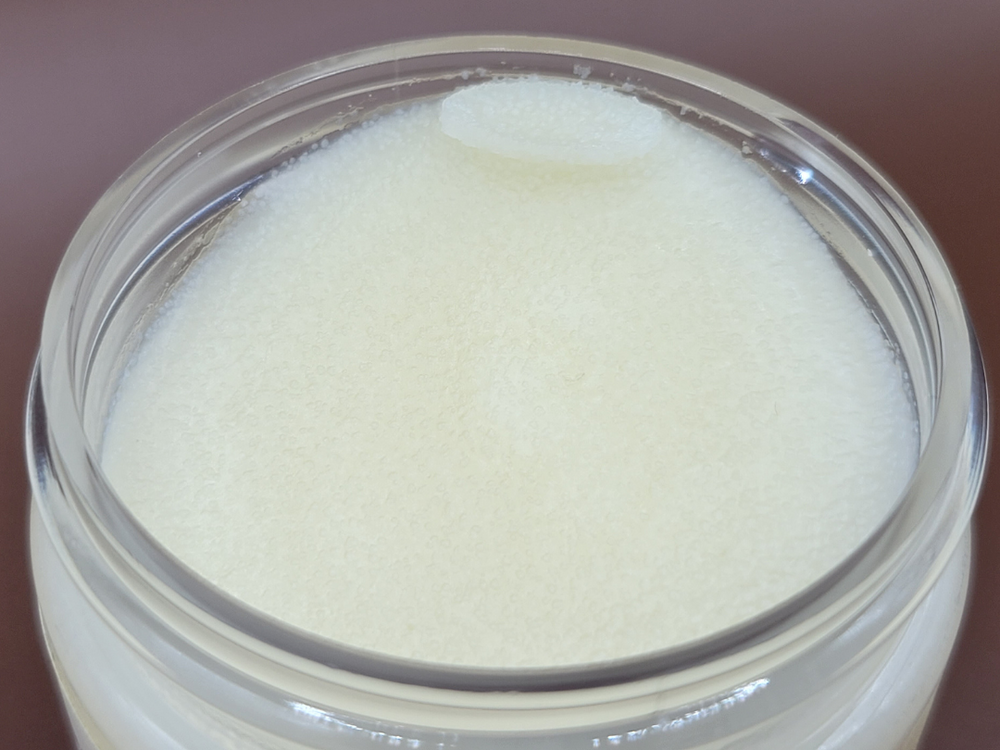
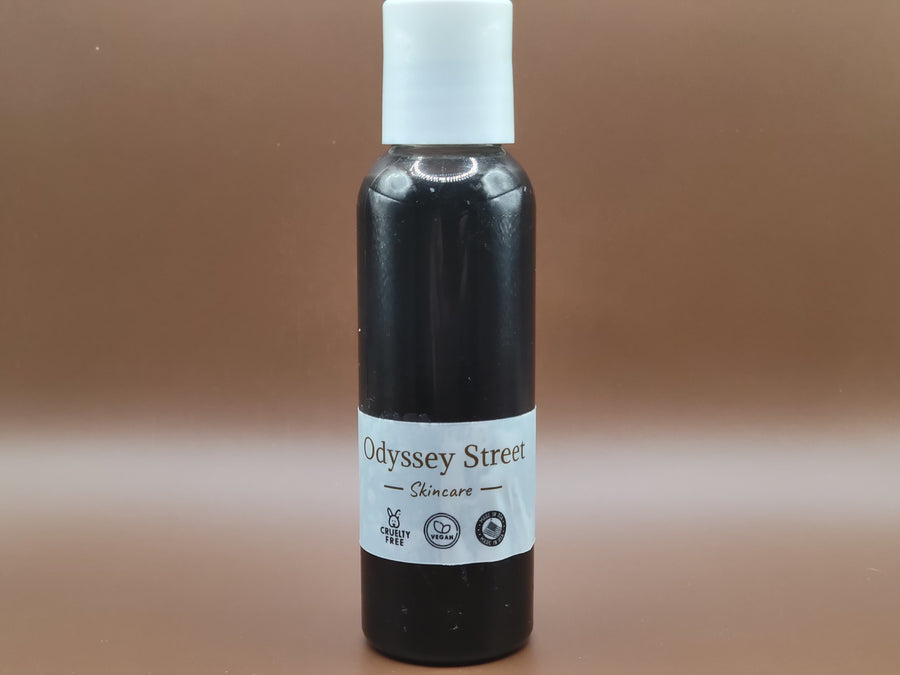
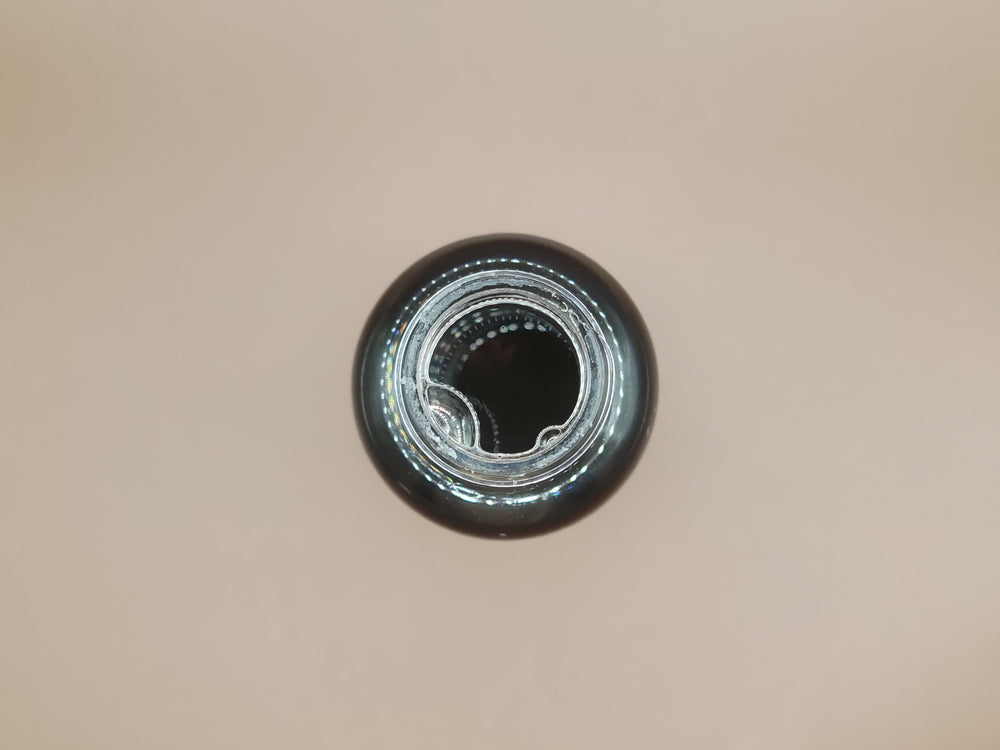
Leave a comment